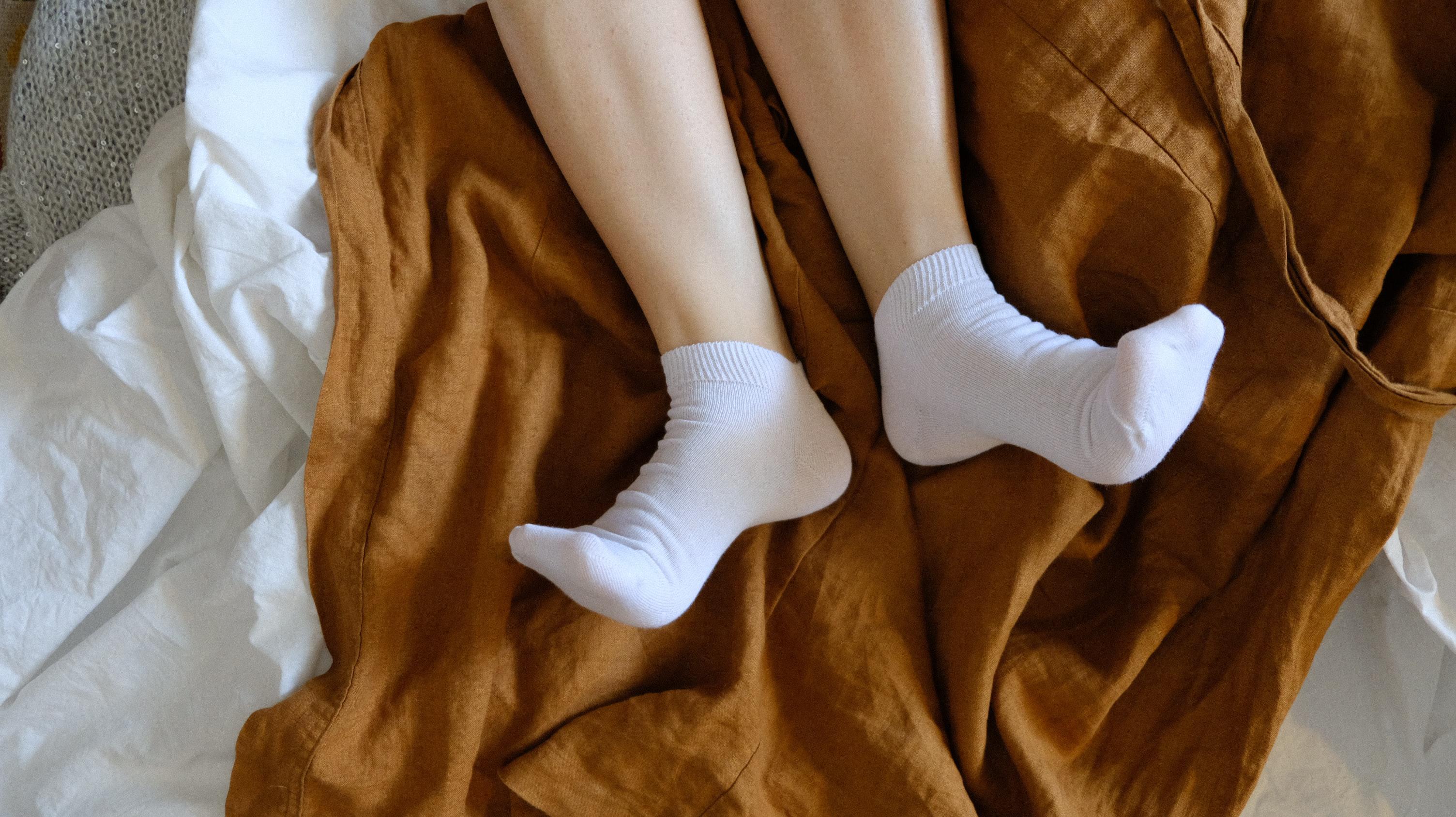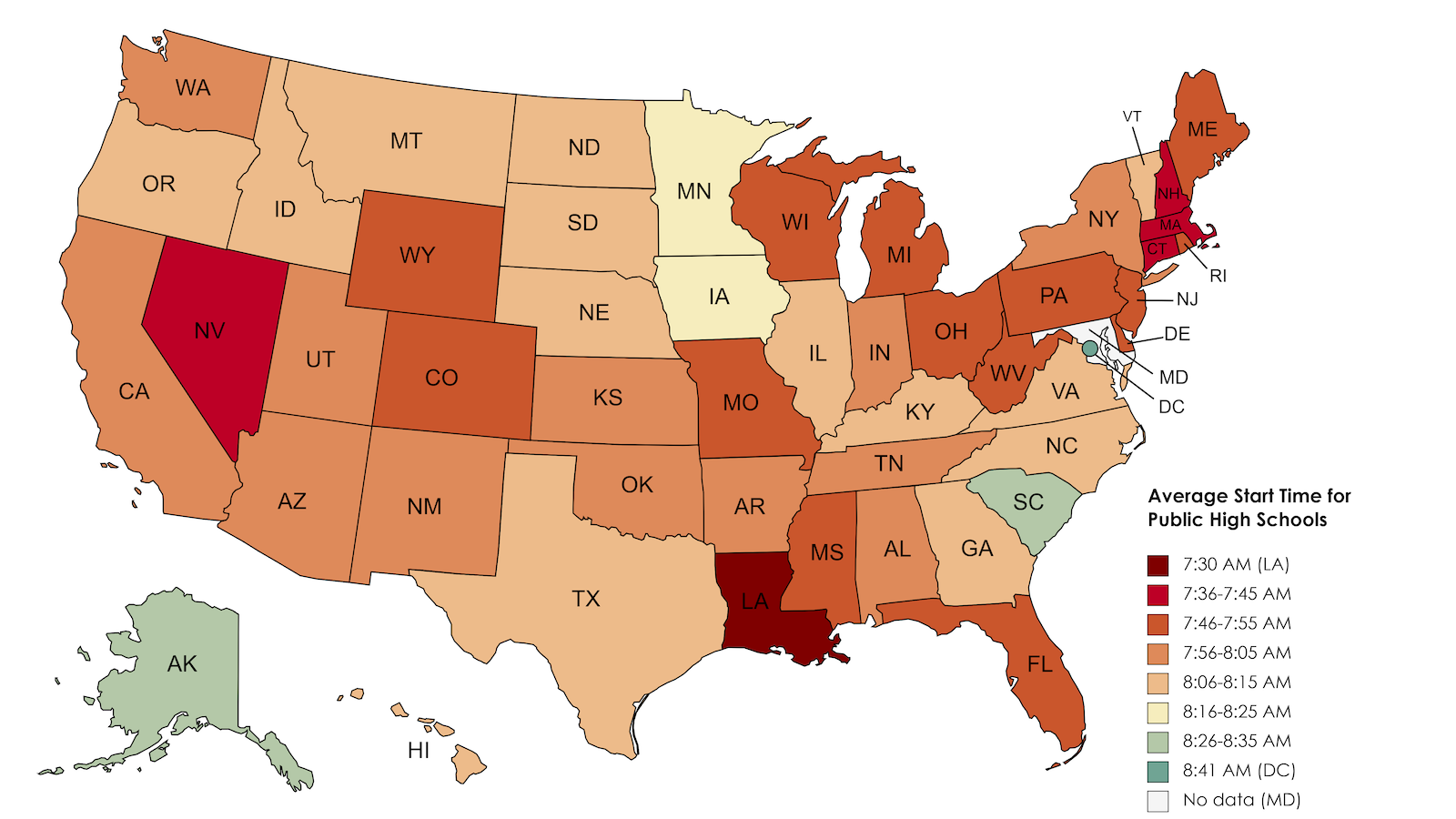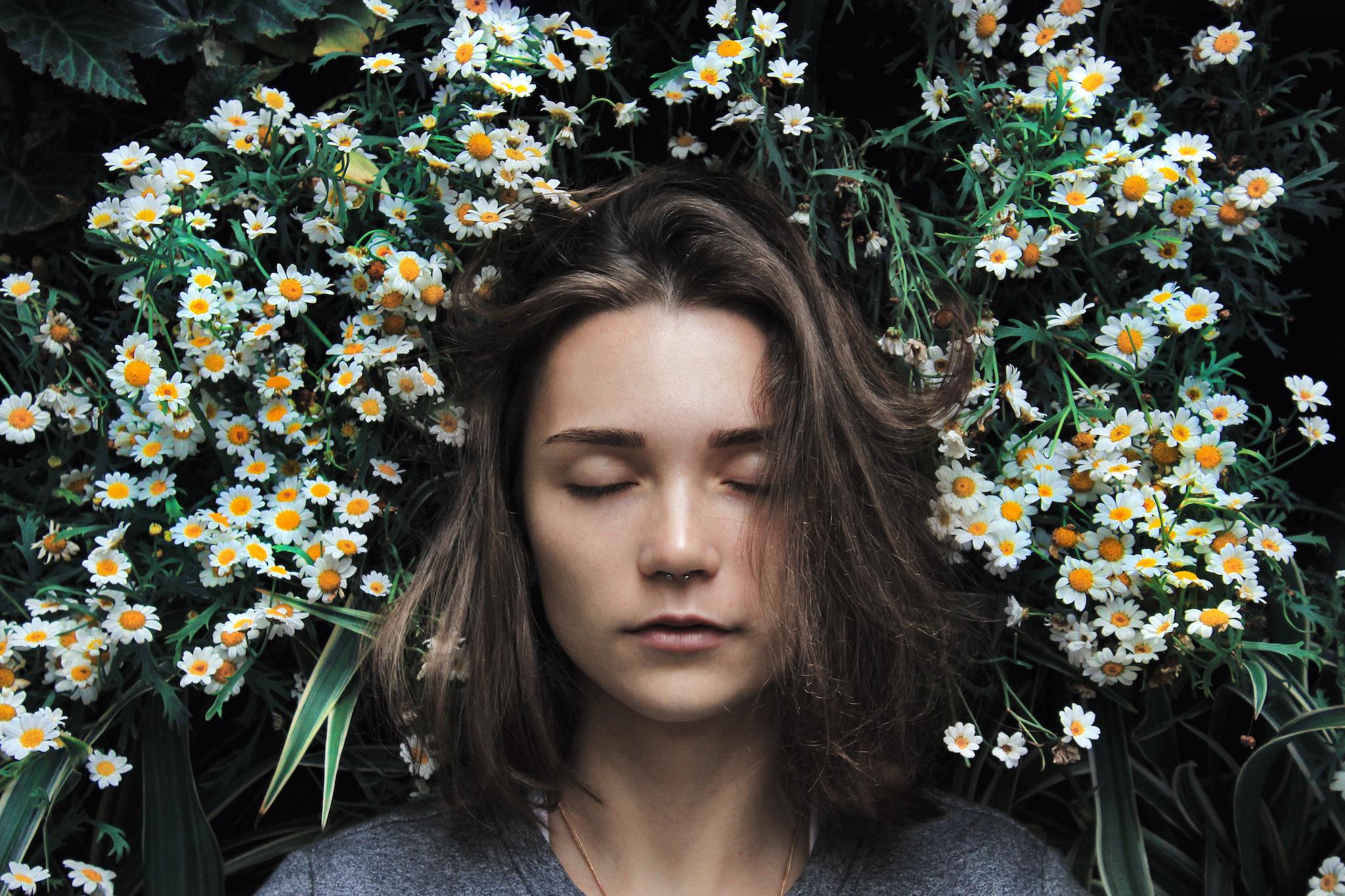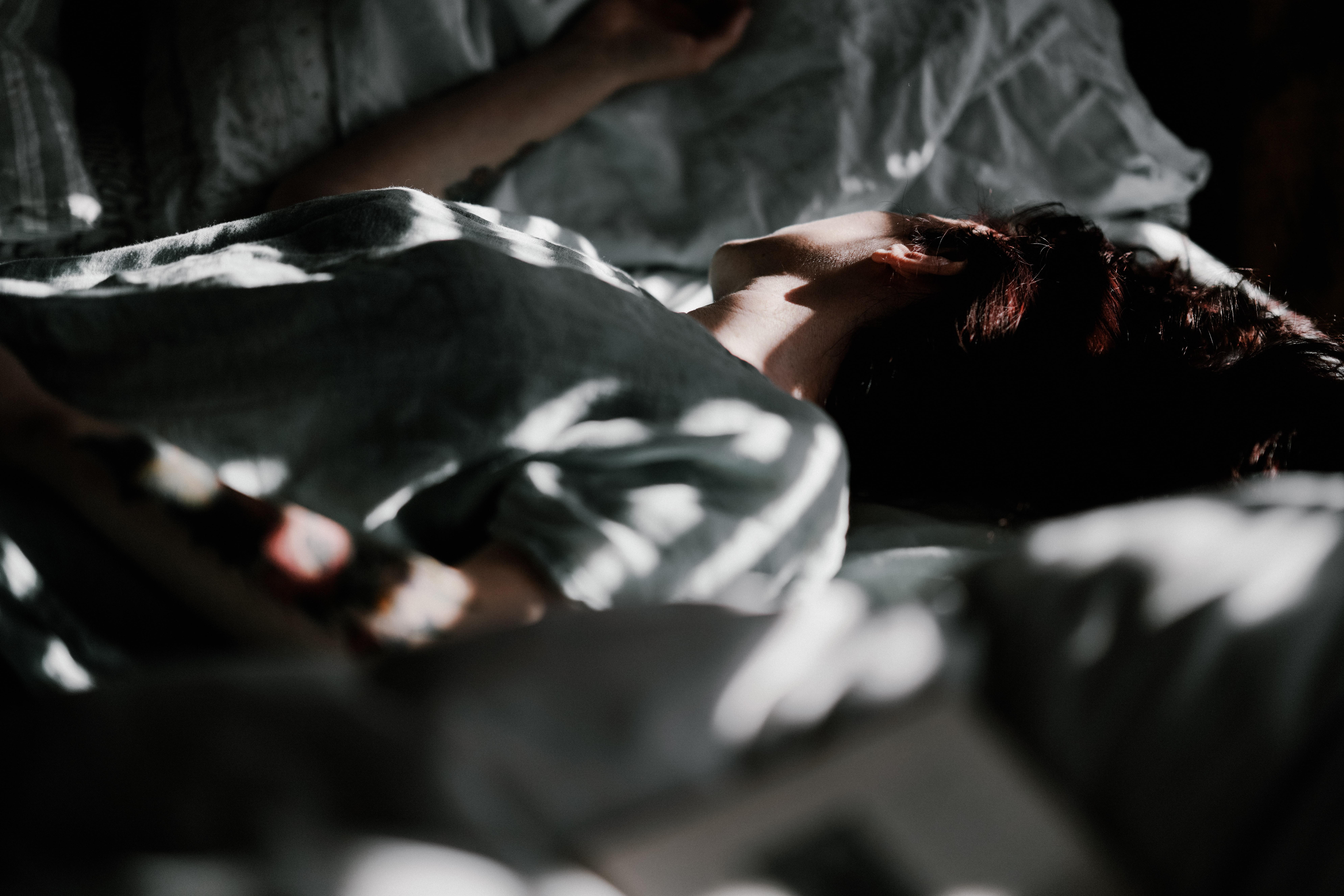New blood test can tell if you’re naturally a night owl or an early bird

Abdelrahman Hassanein via Unsplash
- A new study introduces a new method for determining your personal circadian rhythm.
- This could have profound effects on combating cognitive disorders and helping patients understand when to take medicine.
- The blood test measures a person's biological clock to within 1.5 hours.
Though the light bulb isn’t exactly a hot new piece of technology, at the time of initial dissemination it created a social revolution whose effects — positive and negative — are still felt today. No matter how much awe we feel flying over the bright jigsaw of a metropolis, the unintended damage electric lighting waged on our sleep patterns is in part to blame for a number of modern ailments, including obesity, Type 2 diabetes, hypertension, cardiovascular disease, and cancer.
Until a few centuries ago all life was governed by the rhythm of the sun. Earlier technologies, such as controlled fire and candles, require constant upkeep while causing nowhere near the same damage as the blue lights on our phones. What we call advancement comes at a cost — for example, the physical and emotional health of teenagers.
As journalist and high school science teacher Henry Nicholls recently wrote in the NY Times, three out of four high school students do not get eight hours of sleep per night. This is extremely damaging during a time of great neuronal development. Nicholls argues that an 8:30 a.m. start time is counterproductive and dangerous:
It is unthinkable that a school should operate with asbestos in the ceilings, with no central heating in winter or with rats in the kitchen. Starting school before 8:30 a.m. should be equally unacceptable.
Such an early start time is mostly the result of parental convenience: in a two-parent household where both adults work, dropping the kids off at school considers their schedule. Unfortunately, such a timeline usurps basic biology. Teenagers should be sleeping more than eight hours, yet the combination of an early first period and late-night chats and gaming on smartphones has created an environment not conducive to learning.





